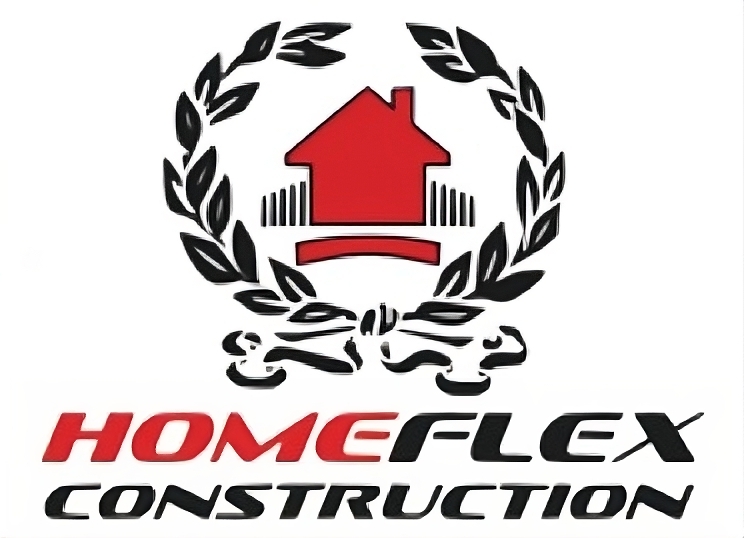Retaining walls are more than just functional structures. They enhance landscaping, prevent soil erosion, and create usable outdoor space with style and strength. However, achieving a durable and attractive retaining wall requires professional expertise. Hiring the right residential retaining wall contractor ensures the job is done correctly, safely, and with long-lasting results.
Finding the Right Contractor for Your Retaining Wall Project
Choosing the right professional may feel overwhelming at first, but by focusing on experience, credibility, and clear communication, the process becomes straightforward. Below are key steps that make hiring a retaining wall contractor simple and stress-free.
1. Research Local Contractors Thoroughly
Begin by looking into contractors who specialize in retaining walls in your area. Check their websites, portfolios, and project photos to see if their style matches your vision. Reading local reviews and asking neighbors for recommendations can help you narrow down your list to reputable companies with proven results.
2. Verify Credentials and Licensing
A reliable contractor should hold the necessary licenses and certifications to operate in your region. Ask for proof of insurance to ensure you are protected in case of accidents or property damage. Contractors who willingly share their credentials demonstrate professionalism and accountability.
3. Evaluate Experience with Retaining Walls
Not all masonry or landscaping contractors have extensive experience with retaining walls. Ask about their past projects, the types of walls they have built, and whether they have handled soil stabilization or drainage challenges before. An experienced contractor can anticipate potential issues and build walls that last.
4. Ask About Materials and Design Options
The durability and appearance of your retaining wall depend heavily on the materials used. A good contractor should be able to explain the pros and cons of natural stone, concrete blocks, or brick options. They should also help you choose a design that complements your landscape and blends seamlessly with your property.
5. Request Detailed Estimates
Transparency is key when discussing costs. Request a written estimate that outlines materials, labor, timelines, and potential extra expenses. Comparing estimates from multiple contractors allows you to see who offers the best balance between quality and cost without hidden surprises.
6. Discuss Drainage and Engineering Solutions
Proper drainage is critical to the longevity of a retaining wall. Ask contractors how they plan to address water flow behind the wall. Professional builders should incorporate drainage pipes, gravel backfill, or weep holes to prevent hydrostatic pressure from damaging the structure.
7. Review Past Work and References
Ask for references and contact previous clients to learn about their experience. Viewing finished projects in person, if possible, will help you assess the contractor’s craftsmanship and attention to detail. Positive client feedback is a strong indicator of reliability.
8. Ensure Clear Communication Throughout the Project
The right contractor should communicate openly and answer your questions clearly. From initial design discussions to final touches, consistent updates keep you informed and confident in the progress. Good communication reduces misunderstandings and ensures your vision is realized.
9. Consider Warranties and Guarantees
Ask whether the contractor offers warranties on materials or workmanship. A warranty shows they stand behind their work and are committed to quality. This added protection gives you peace of mind knowing your investment is safeguarded.
10. Trust Professional Expertise
Finally, trust the expertise of a qualified contractor. While DIY projects may seem appealing, retaining walls often involve structural engineering and precise construction techniques. Hiring a professional ensures not only aesthetic appeal but also safety and compliance with local building codes.
Conclusion
Hiring a residential retaining wall contractor does not have to be complicated. By researching thoroughly, verifying credentials, asking the right questions, and maintaining open communication, you can simplify the process and ensure a smooth project. A professional contractor brings the expertise, tools, and design knowledge needed to deliver a retaining wall that enhances your landscape, prevents erosion, and adds long-term value to your property. With the right choice, you can enjoy a durable and beautiful retaining wall that stands strong for years to come.
